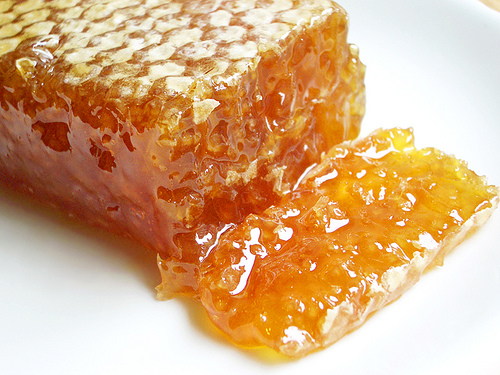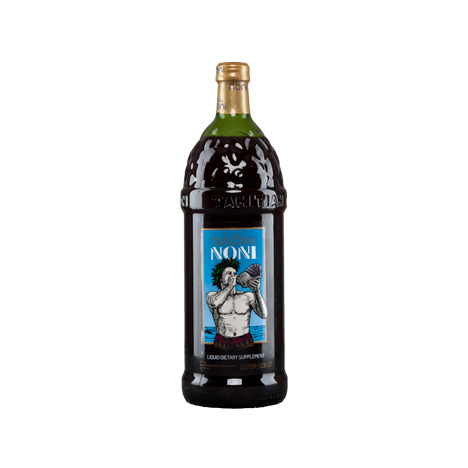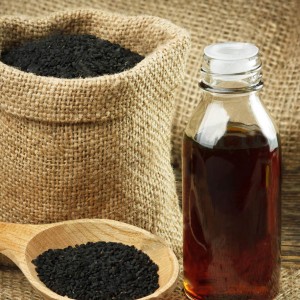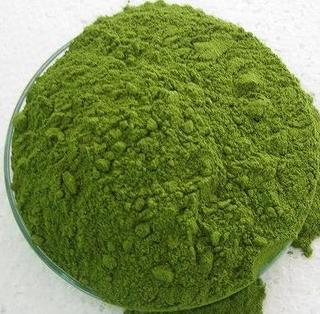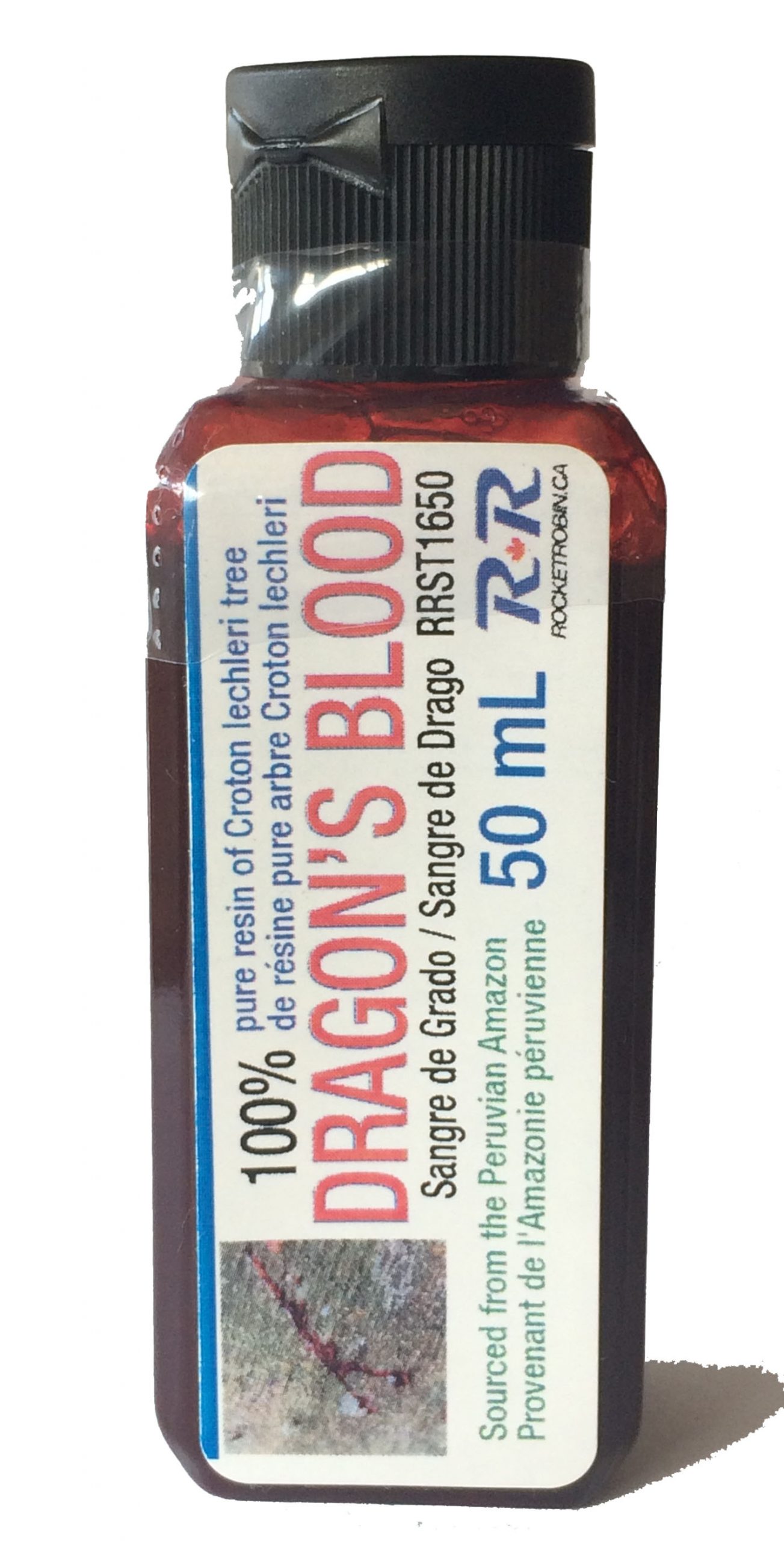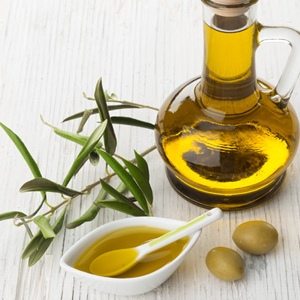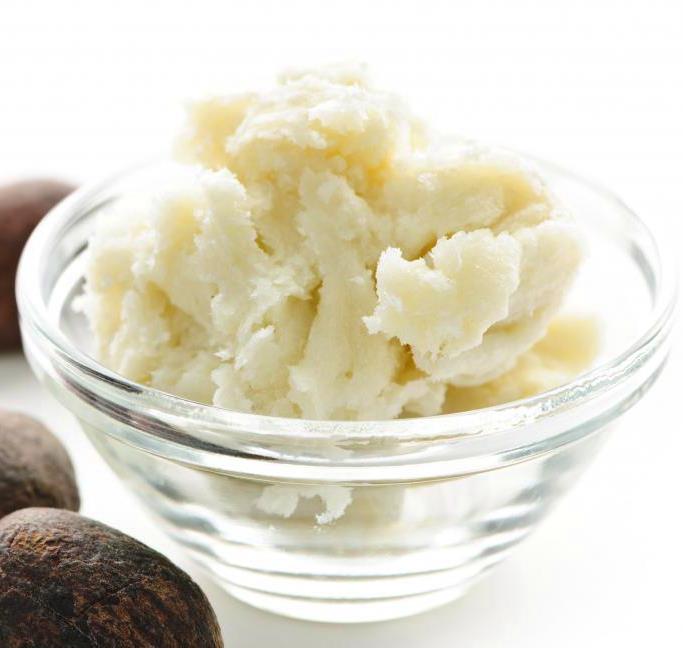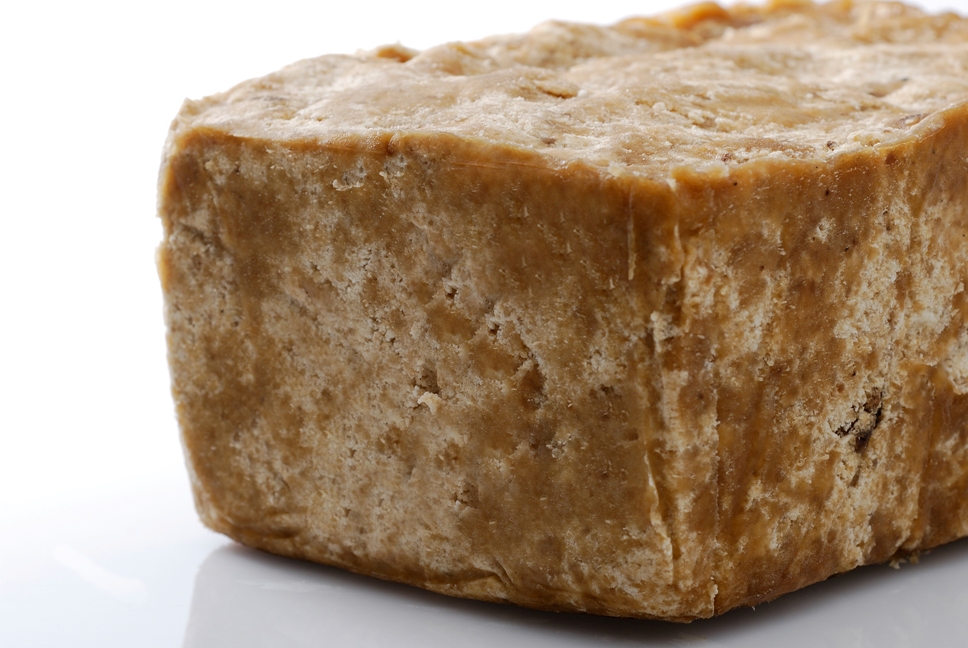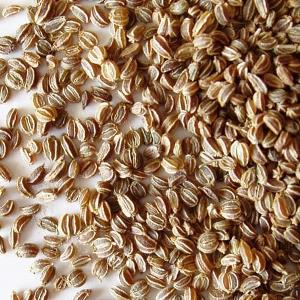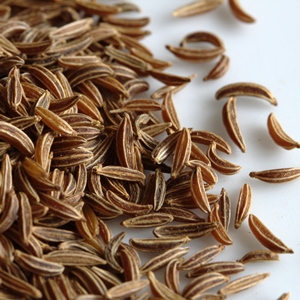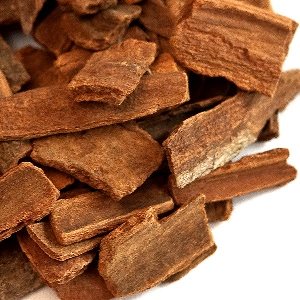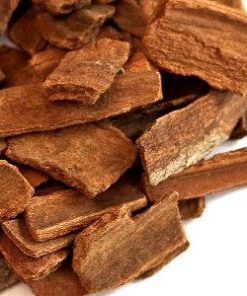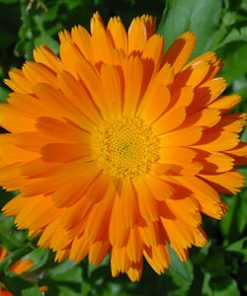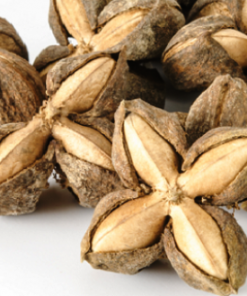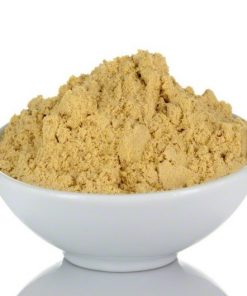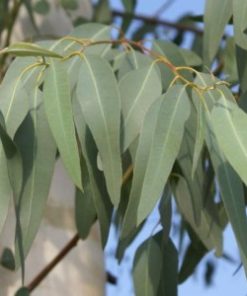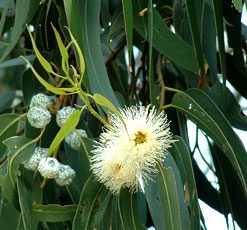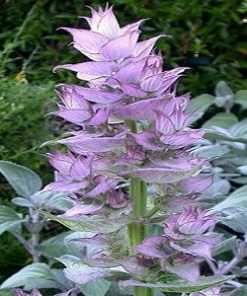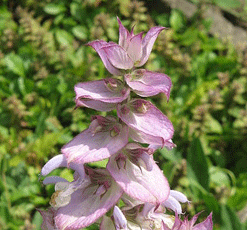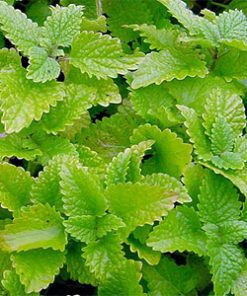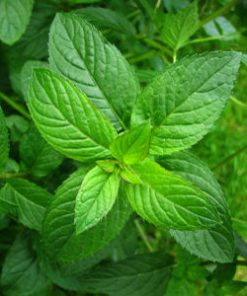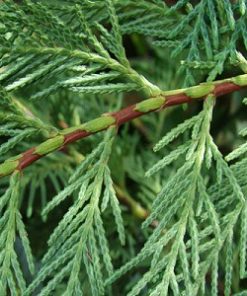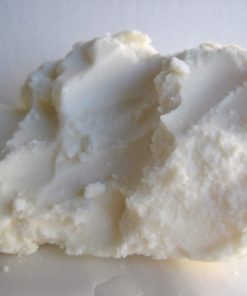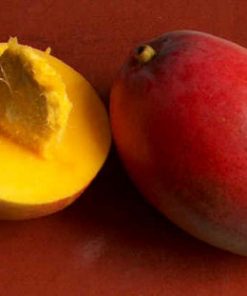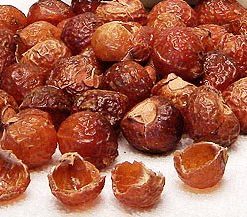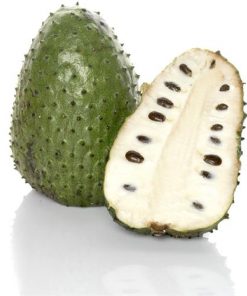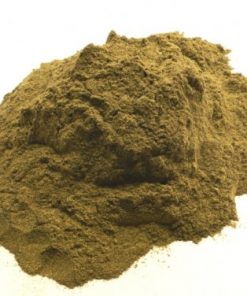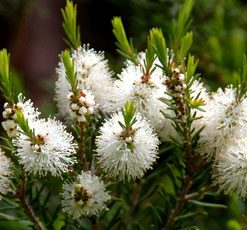Description
Essential Oil Cassia (15 mL)
Essential Oil Cassia
Cassia essential oil is somewhat similar to Cinnamon essential oil. Both are from the same botanical family (Lauraceae) and both are derived from the bark of the plant. But they are actually from two different plants. Cassia is from Cinnamomum cassia, while cinnamon is Cinnamomum zeylanicum. It’s a spicy, warm aroma, but sweeter than cinnamon.
The chemical constituents are also similar, both being high in something called trans-cinnamaldehyde. However, the levels of their chemical constituents (cassia has more trans-cinnamaldehyde than cinnamon bark oil), as well as secondary constituents, vary.
A close relative to Cinnamon, Cassia has a strong, spicy aroma that can be used in small quantities to transform any essential oil blend. Cassia has been used for thousands of years to maintain physical health and promote emotional well-being. Cinnamon and cassia come from the bark of trees or bushes belonging to the laurel family. These are evergreen, and the trees can grow to a height of 18 m (60 ft), more commonly 6 – 9 m (20 – 30 ft). The leaves are shiny and ovoid, and the yellow cluster flowers are tiny, as are the fruit. The whole tree – flowers, fruits, leaves, roots and bark – exudes a spicy aroma.
Cassia is thought to have originated in Burma or China (thus its name in many countries, cane/le de Chine, for example). Cinnamon was native to Ceylon, but is now cultivated in other tropical countries such as India, the Seychelles and Mauritius.
Aroma: Spicy, warm, hot, sweeter than cinnamon.
Safety: Avoid while pregnant. Not intended for internal use.
HISTORY OF USE
Cassia was recorded in one of the oldest known records, the Ebers papyrus, an ancient book containing 877 recipes. Cassia is mentioned three times directly in the Bible and mentioned over 65 times indirectly. Cassia was contained in the recipe for the Holy Anointing Oil given to Moses. The blend included Myrrh, Cassia, Cinnamon, Calamus and olive oil! It was an important oil of ancient times.
HEALTH BENEFITS
The properties are antiseptic, digestive and anti-rheumatic. As cinnamon leaves contain such a high proportion of phenols (5 – 10 per cent eugenol), it has been classified as one of the strongest antiseptics and antivirals in nature. Cassia is most commonly used to support the immune system, especially when it needs an extra boost. It can also be useful in cleaning, and even cooking if you’ve got a quality brand that is safe for internal use.
Traditionally, the cassia bark plant is extensively used in Chinese herbal medicine, particularly in vascular disorders. Cassia bark oil, however, is said to be effective in improving cardiovascular, digestive, genito-urinary, circulation, and immune system disorders.
It is also known to deliver remarkable effects in:
- Treating nausea and vomiting
- Lowering body temperature in fever
- Improving blood circulation
- Healing viral infections
- Curing diarrhea
- Easing depression
- Relieving joint pain
- Fighting microbial infections in the body
- Strengthening the gums, hair roots, and muscles
A Few Words of Caution: It produces irritation and sensitization on the skin and in the mucus membrane, so it should be avoided during pregnancy.
Caution: NEVER USE INTERNALLY without consulting professional medical help
- Not recommended for pregnant women and infants.
Individuals with serious and chronic health issues should consult an expert prior to using oils.
TRUST ROCKET ROBIN
Rocket Robin is proud to be your supplier of truly natural products with simple ingredients in support of your family’s health and well-being.
Additional information
| Weight | 0.1 kg |
|---|---|
| Dimensions | 10 × 10 × 1 cm |

